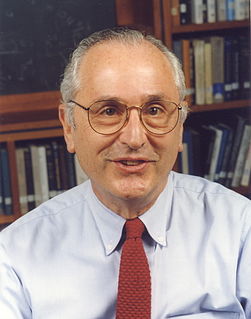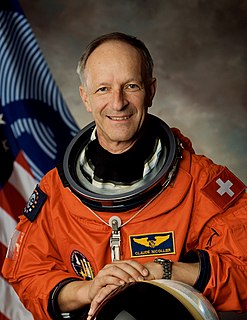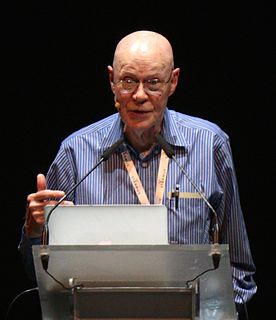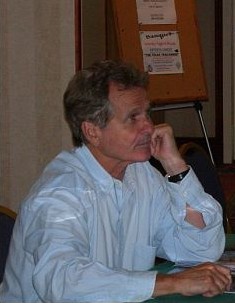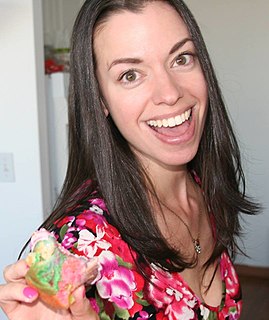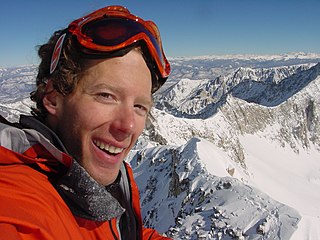A Quote by John N. Bahcall
I do not personally want to believe that we already know the equations that determine the evolution and fate of the universe; it would make life too dull for me as a scientist. ... I hope, and believe, that the Space Telescope might make the Big Bang cosmology appear incorrect to future generations, perhaps somewhat analogous to the way that Galileo's telescope showed that the earth-centered, Ptolemaic system was inadequate.
Quote Topics
Related Quotes
Ironically, members on both sides of the debate do agree about one thing: big bang cosmology puts their position in jeopardy. The big bang poses a problem for young-earth creationists because it makes the universe billions of years old rather than thousands. Such an assertion undercuts their system at its foundation. Big bang cosmology also presents a problem for atheistic scientists because it points directly to the existence of a transcendent Creator - a fact they dare not concede.
One can imagine that God created the universe at literally any time in the past. On the other hand, if the universe is expanding, there may be physical reasons why there had to be a beginning. One could imagine that God created the universe at the instant of the big bang, or even afterwards in just such a way as to make it look as though there had been a big bang, but it would be meaningless to suppose that it was created before the big bang. An expanding universe does not preclude a creator, but it does place limits on when he might have carried out his job!
So when people ask me if I believe God created the universe, I tell them that the question itself makes no sense. Time didn't exist before the Big Bang, so there is no time for God to make the universe in. It's like asking for directions to the edge of the earth; the earth is a sphere, it doesn't have an edge, so looking for it is a futile exercise.
Big bang cosmology is probably as widely believed as has been any theory of the universe in the history of Western civilization. It rests, however, on many untested, and in some cases untestable, assumptions. Indeed, big bang cosmology has become a bandwagon of thought that reflects faith as much as objective truth.
I personally feel it is presumptuous to believe that man can determine the whole temporal structure of the universe, its evolution, development and ultimate fate from the first nanosecond of creation to the last 10^10 years, on the basis of three or four facts which are not very accurately known and are disputed among the experts.
